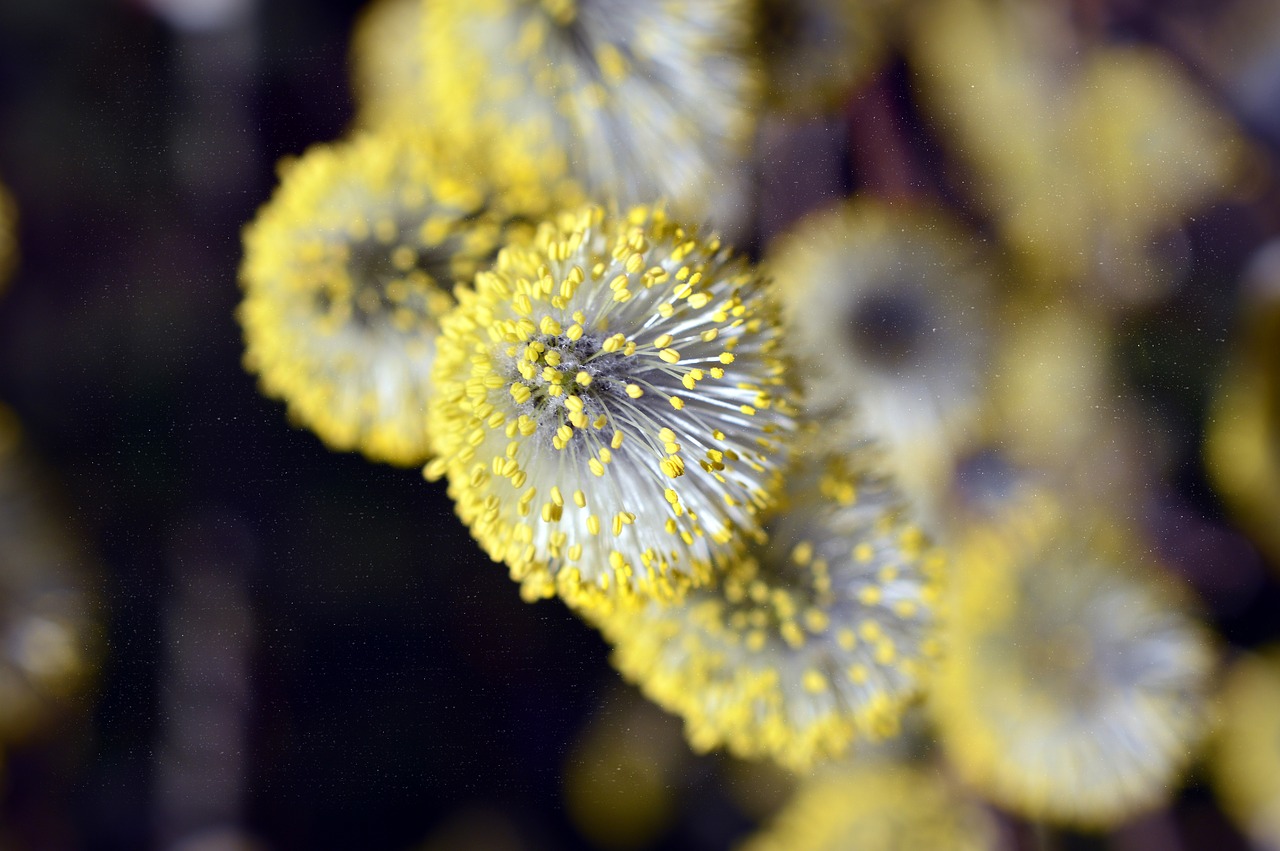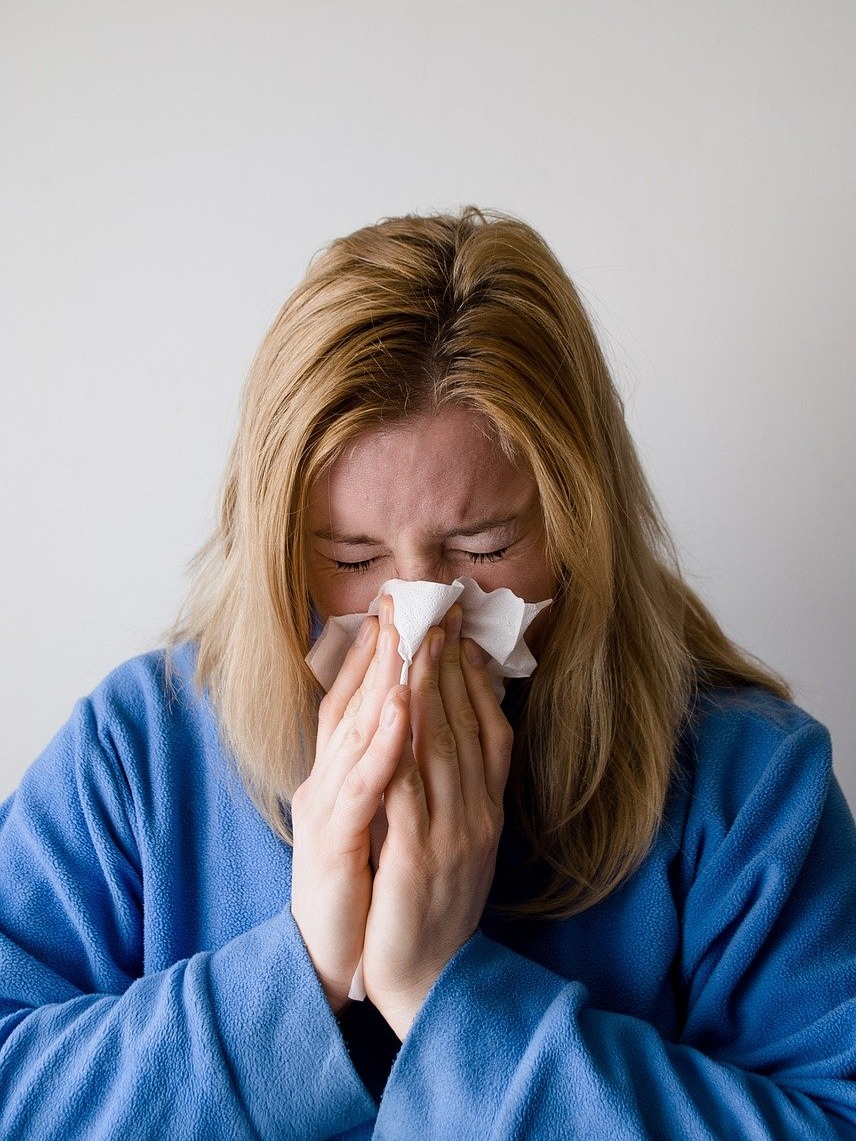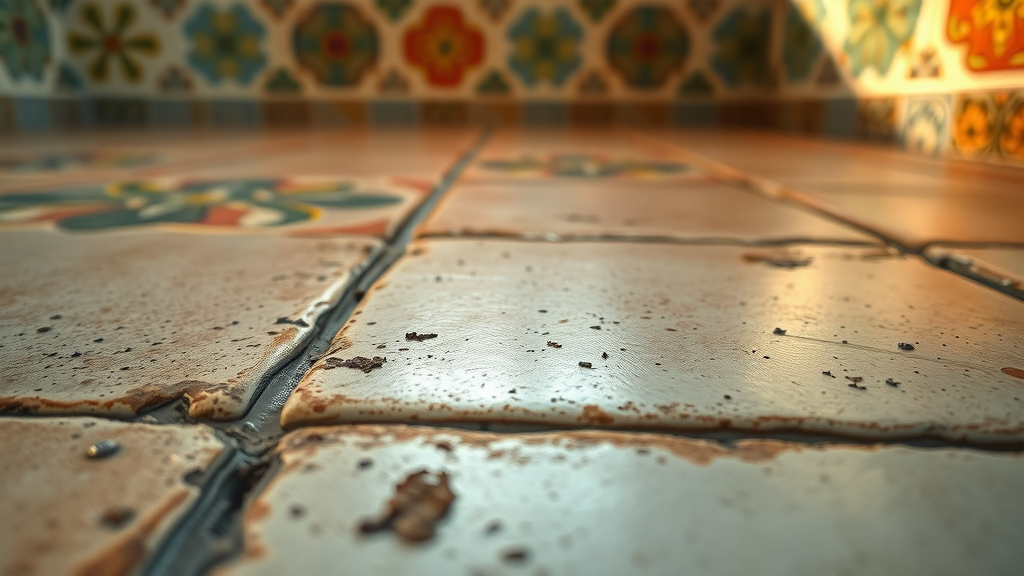If you have a mold allergy, your body immune system overreacts when you take in mold spores. A mold allergy can cause coughing, itchy eyes and other symptoms that can make you miserable. In some individuals, a mold allergy is linked to asthma and direct exposure triggers limited breathing and other respiratory tract signs.

If you have a mold allergy, the very best defense is to decrease your direct exposure to the types of mold that trigger your reaction. Medications can help keep mold allergy responses under control.
Signs
A mold allergy causes the same symptoms and signs that happen in other types of upper respiratory allergies. Signs and symptoms of allergic rhinitis caused by a mold allergy can consist of:
- Dry, scaly skin
- Sneezing
- Runny nose
- Cough and postnasal drip
- Itchy eyes, nose and throat
- Watery eyes
Mold allergy symptoms vary from person to person and range from mild to extreme.

You may have year-round symptoms or symptoms that flare up only throughout certain times of the year. You may discover signs when the weather is damp or when you're in indoor or outdoor spaces that have high concentrations of mold.
Causes
Like any allergy, mold allergy signs are set off by an overly sensitive immune system reaction. When you inhale small, air-borne mold spores, your body treats them as foreign invaders and develops allergy-causing antibodies to fight them off.
Direct exposure to mold spores can trigger a response immediately, or the response can come somewhat later.
Various molds are common inside your home and outdoors. Only particular sort of mold cause allergic reactions. Sensitivity to one type of mold doesn't suggest you'll be allergic to another. A few of the most typical molds that cause allergic reactions consist of alternaria, aspergillus, cladosporium and penicillium.
Risk aspects
A number of aspects can make you most likely to develop a mold allergy or worsen your mold allergy signs, including:
- Having a history of allergies.

If allergic reactions and asthma run in your family, you're more likely to develop a mold allergy.
- Operating in a profession that exposes you to mold. Professions where mold direct exposure can be high consist of farming, dairy work, logging, baking, millwork, woodworking, greenhouse work, winemaking and furnishings repair work.
-
Residing in a house with high humidity.Having indoor humidity greater than 50% can increase mold in your house.
Mold can grow virtually anywhere if the conditions are right-- in basements, behind walls in framing, on soap-coated grout and other damp surfaces, in rug, and in the carpet itself. Exposure to high levels of home mold can set off mold allergy symptoms.
- Working or living in a structure that's been exposed to excess moisture. Examples consist of leaky pipelines, water seepage throughout rainstorms and flood damage. At some point, nearly every building has some sort of excessive wetness, which can encourage mold growth.
Problems
The majority of allergic responses to mold involve hay fever-type signs that can make you miserable, however aren't major. However, certain allergic conditions caused by mold are more severe. These include:
- Mold-induced asthma. In individuals adverse mold, breathing in spores can activate an asthma flare-up.
- Allergic fungal sinus problems. This arises from an inflammatory response to fungi in the sinuses.
- Allergic bronchopulmonary aspergillosis. A reaction to fungus in the lungs in asthma or cystic fibrosis.
- Hypersensitivity pneumonitis. This uncommon condition occurs when direct exposure to airborne particles such as mold spores causes lung swelling. It can be set off by direct exposure to allergy-causing dust at work.
Other problems triggered by mold

Besides irritants, mold can position other health risks to susceptible people. For example, mold can trigger infections of the skin or mucous membranes. Usually, however, mold doesn't cause systemic infections other than for people with impaired immune systems, such as those who have HIV/AIDS or who are taking immunosuppressant medication.
Prevention
These are some suggestions to minimize mold growth in your home or business:
- Eliminate sources of moisture in basements, such as pipeline leaks or groundwater seepage.
- Use a dehumidifier in any area that smells musty or moist. Keep your humidity levels below 50%. Remember to clean the collection pail and condensation coils routinely.
- Use an air conditioning system and consider installing central air with a high-efficiency particle air (HEPA) filter attachment. The HEPA filter can trap mold spores from outside air prior to they're circulated inside your house.
- Change filters on your heating system and air conditioning system routinely. Have forced air heating ducts checked and, if necessary, cleaned.
- Make certain all bathrooms are effectively ventilated, and run the ventilation fan throughout a shower or bath and immediately after to dry the air. If you don't have a ventilation fan, open a window or door while you're showering or bathing.
- Do not carpet bathrooms and basements.
- Promote groundwater drain far from your house by getting rid of leaves and plant life from around the foundation and cleaning out rain gutters frequently. Ensure the ground slopes away from the structure.
- Keep organic plant containers tidy and dry, such as those made from straw, wicker or hemp.
- Toss or recycle old books and newspapers. If left in wet places, such as basements, they can rapidly end up being musty


 Add
Add 
 Add Row
Add Row 














Write A Comment